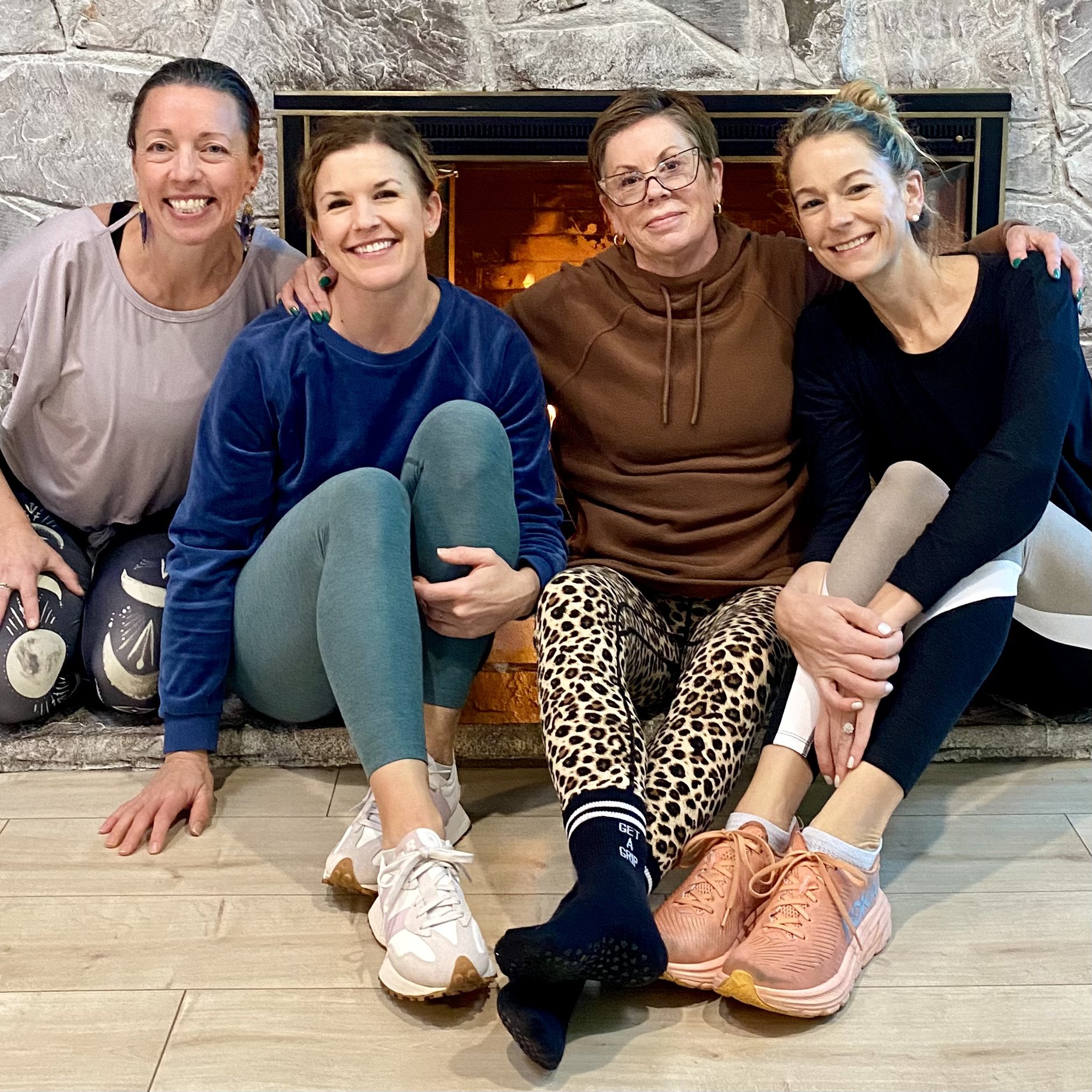Recommit to you!
As we enter February, you may be wondering what happened to those fitness resolutions you made just a month ago. While the intention is admirable, we believe the key to success lies in creating a sustainable movement and wellness plan that fits your lifestyle and nurtures your body and mind.
Statistics show that while about 60% of people make New Year's resolutions, only about 8% are successful in achieving them, according to a study by the University of Scranton. The drop in gym attendance post-January is a testament to this trend. It's not the setting of goals that fails us, but often, it's the type and approach to these goals that lead to abandonment.
Traditionally, many fitness resolutions revolve around weight loss. However, an overemphasis on the scales can lead to unrealistic expectations and a narrow view of health. For women, particularly in the context of aging, fitness goals need to encompass strength, flexibility, bone health, and mental wellbeing. So, let’s change the conversation and focus on the intention behind the movement!
Focus on Strength and Flexibility: Incorporate strength training and flexibility exercises into your routine. This not only aids in maintaining muscle mass, crucial as we age, but also enhances joint health and mobility.
Prioritize Consistency: Consistent, moderate exercise is more beneficial in the long term than sporadic, high-intensity workouts. Aim for activities you enjoy, which increases the likelihood of maintaining a routine.
Embrace Activities that Enhance Bone Health: Weight-bearing exercises like walking, jogging, and resistance training such as Pilates are crucial for bone health, which is essential for preventing osteoporosis, a condition that disproportionately affects women.
Set SMART Goals: Specific, Measurable, Achievable, Relevant, and Time-bound goals are more likely to be successful. For instance, a goal to "walk 30 minutes every day" or “sign up for Pilates class” is more actionable than a vague "get more exercise."
Nutrition is Key: Remember that a balanced diet is a part of any fitness journey. Focus on nutrient-rich foods, adequate hydration, and taking the time to sit and enjoy as you nourish your body!
Listen to Your Body: Overtraining can lead to injuries. Pay attention to your body's signals and provide it with necessary rest.
Find Joy in Movement: Exercise doesn't have to be a chore. Find activities that bring you joy, whether it’s a dance party in the kitchen with your kids, Pilates, a yoga class or a quiet walk in nature.
Mental Health Matters: Incorporate practices like meditation and mindfulness into your routine to nurture not just your body but also your mind.
Seek Support: Joining group classes or working out with a friend can provide motivation and accountability. Having a supportive community really keeps us moving!
Setting realistic fitness goals is about more than just making New Year's resolutions; it's about creating a lifestyle. It's about looking at fitness as a journey of self-care, where the goal is not just to look a certain way, but to feel strong, vibrant, and healthy at any age. Remember, the most successful movement plan is one that is enjoyable, consistent, and tailored to your individual needs and preferences. Here's to a year of movement, wellness and joy!

